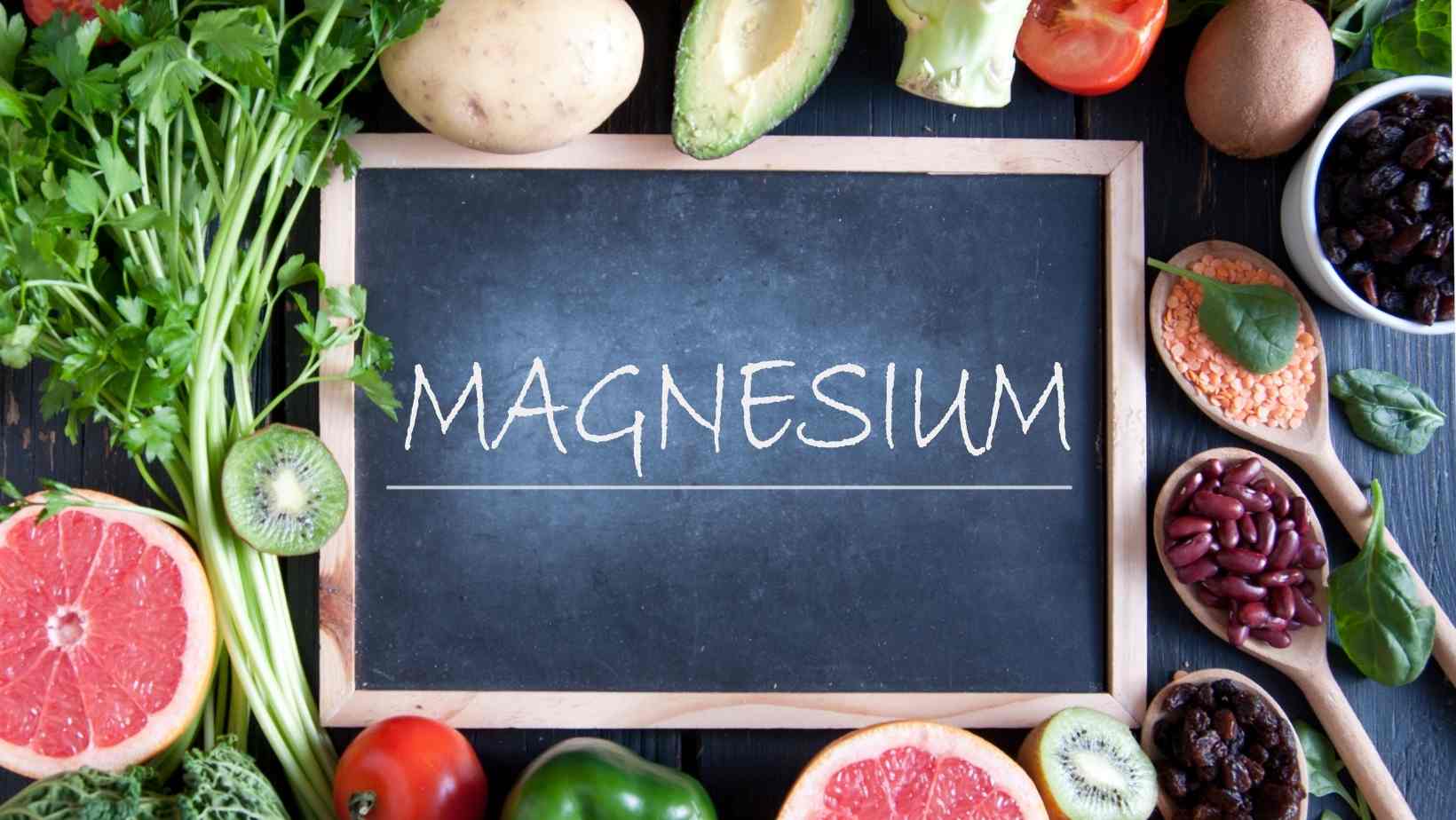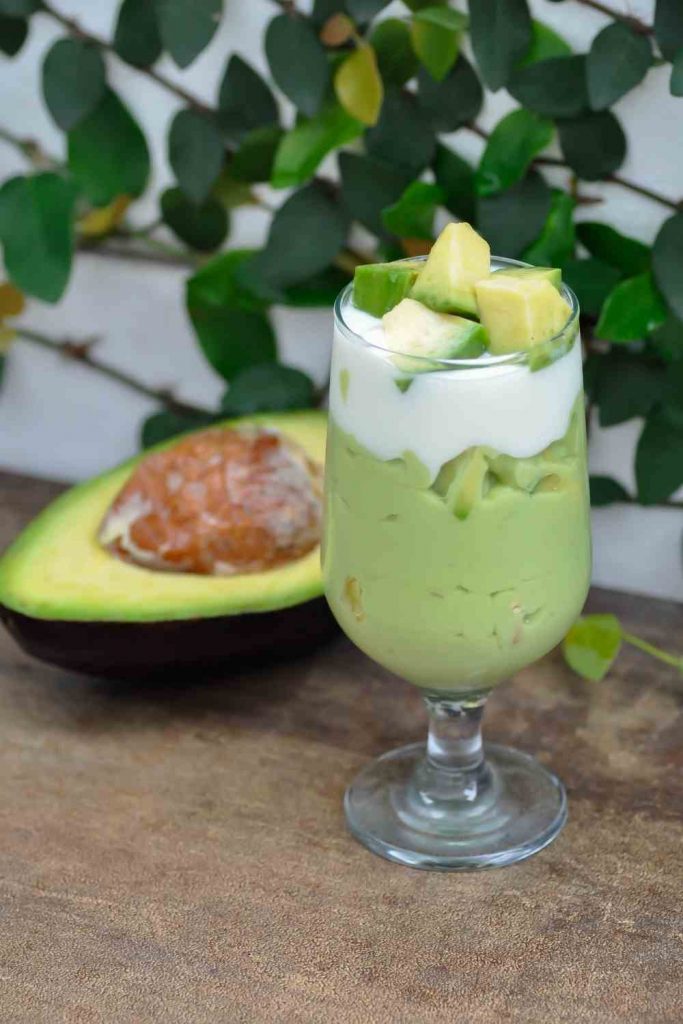Magnesium is usually overlooked when discussing the significance of minerals such as calcium and potassium, as well as meals rich in iron. However, it is a critical element involved in several physiological activities in the body. Throughout the body, magnesium is involved in approximately 300 distinct enzymatic activities, with tasks ranging from protein synthesis and blood sugar management to blood pressure regulation and the transmission of nerve and muscle impulses, among other things. As a structural component of bones and teeth, it also serves as an electrolyte, aiding in the movement of calcium and potassium ions across cell membranes, which is important for the proper functioning of the heart, the transmission of nerve impulses, and muscle contractions.

Unfortunately, according to national statistics, over half of all persons in the United States do not consume enough magnesium to fulfill the recommended daily requirement (RDA), which ranges between 400 and 420 mg for men depending on their age group. It is believed that endurance athletes are more susceptible to magnesium deficiency than other athletes because of the excessive loss of magnesium via perspiration. If you exercise often, your magnesium requirements may be even greater. The good news is that magnesium may be found in abundance in a variety of nutritious meals. Consuming meals rich in magnesium on a regular basis may assist to ensure that your body has a sufficient amount of this essential mineral. Continue reading for a list of the high magnesium vegetables, and be sure to make room on your shopping list for a couple of your favorite items from the list.
1. Brazil Nuts
Nuts have undoubtedly earned their well-deserved reputation as healthy superfoods, owing to their high concentrations of several critical elements such as omega-3 fatty acids and vitamin E, as well as their high levels of protein and fiber. In addition, they are an excellent source of magnesium. Magnesium is notably abundant in Brazil nuts, which provide 25 percent of the required daily requirement in a single ounce. Brazil nuts may be less well-known than fan favorites such as walnuts, but they have a deliciously creamy texture and a mild taste that make them a treat to eat. Almonds and cashews also contain about 20% of the daily recommended magnesium intake, and since they have a high concentration of melatonin, they may be beneficial for sleep.

2. Avocado
Avocados, which are technically a fruit, are filled with vitamin E and heart-healthy monounsaturated fats, which contribute to the Mediterranean Diet's effectiveness in lowering the risk of a variety of lifestyle illnesses, including heart disease and diabetes. Avocado contains around 60 milligrams of magnesium, which is 15 percent of the necessary daily intake. Avocados may be used in a variety of dishes such as salads, sandwiches, omelets, and even smoothies. They give a luxurious creaminess to the dish and, because of the fat and fiber in them, they deliver a substantial amount of fullness.

3. Lima Beans
Limo beans are a rich legume that may be used in salads, succotash, and healthful soups. They have a little sweetness and are starchy and high in fiber. They contain a significant amount of magnesium. When cooked, one cup of lima beans provides 126 milligrams of magnesium, which is equal to 30 percent of the daily required requirement. Other legumes, such as lentils, are excellent providers of magnesium. It is estimated that white beans contain almost as much magnesium as lima beans and are also one of the most nutritious sources of potassium in the diet. Magnesium may be found in abundance in black-eyed peas, kidney beans, chickpeas, and lentils. In addition to fiber, B vitamins, complex carbs, and antioxidants, legumes are a good source of protein.
4. Tofu
If you are a vegan or vegetarian, tofu is a fantastic plant-based source of protein. It also has a high concentration of nutrients like calcium, selenium, iron, and manganese. It also includes beneficial phytonutrients and antioxidants that have been demonstrated to promote prostate health.—— Tofu also contains a significant amount of magnesium. Tofu is a good source of magnesium. One cup of firm tofu contains 146 mg of magnesium, which is an amazing 35% of the required daily requirement. Furthermore, because the absorption of magnesium is enhanced when consumed with protein, tofu may be one of the most beneficial dietary sources of magnesium for vegetarians.
5. Spinach
When it comes to nutritional content, spinach and other dark leafy green vegetables meet virtually all of the points, which is why they are regarded to be among the healthiest vegetables available. Besides water and fiber, dark leafy greens also include B vitamins, vitamins A and K, iron, calcium, and magnesium (yes, magnesium). In only one cup of cooked spinach, you'll get 157 milligrams of magnesium, which is approximately 40% of the daily required intake. Swiss chard is a close second, providing 36 percent of the recommended daily allowance in the same-sized serving. Magnesium is also abundant in kale, collard greens, and turnip greens, among other vegetables.

6. Pumpkin and Squash Seeds
Pumpkin seeds and squash are two of the most nutritious foods you can eat. They also include other important nutrients such as omega-3 fatty acids, foods rich in biotin, and antioxidants. Pumpkin seeds or squash seeds both provide 156 mg of magnesium per ounce, depending on the variety (37 percent RDA). The magnesium content of flax and chia seeds is likewise high, but hemp seeds take the cake, providing a staggering 47 percent of the recommended daily allowance in a single ounce. Consider using hemp protein powder in protein drinks or homemade protein balls to boost your protein intake.
7. Yogurt
Yogurt that is low in fat or fat-free is a rich source of magnesium. One cup contains around 47mg. Yogurt is also an excellent source of zinc, which is an important element for maintaining a healthy immune system. Dairy products may also assist you in getting a good night's sleep since they include melatonin and tryptophan, an amino acid that can induce tiredness.




